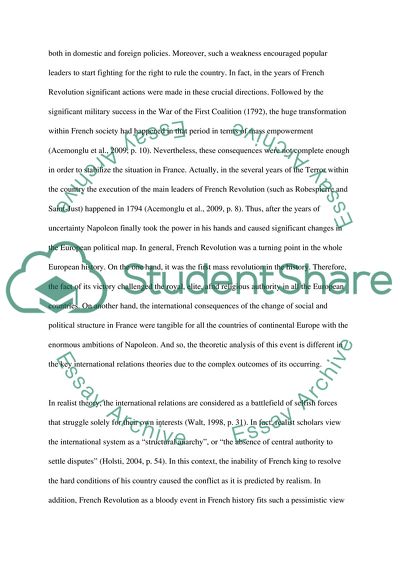Cite this document
(French Revolution in International Relations Theory Essay Example | Topics and Well Written Essays - 1500 words, n.d.)
French Revolution in International Relations Theory Essay Example | Topics and Well Written Essays - 1500 words. https://studentshare.org/politics/1839322-realism-liberalism-and-critical-theory
French Revolution in International Relations Theory Essay Example | Topics and Well Written Essays - 1500 words. https://studentshare.org/politics/1839322-realism-liberalism-and-critical-theory
(French Revolution in International Relations Theory Essay Example | Topics and Well Written Essays - 1500 Words)
French Revolution in International Relations Theory Essay Example | Topics and Well Written Essays - 1500 Words. https://studentshare.org/politics/1839322-realism-liberalism-and-critical-theory.
French Revolution in International Relations Theory Essay Example | Topics and Well Written Essays - 1500 Words. https://studentshare.org/politics/1839322-realism-liberalism-and-critical-theory.
“French Revolution in International Relations Theory Essay Example | Topics and Well Written Essays - 1500 Words”. https://studentshare.org/politics/1839322-realism-liberalism-and-critical-theory.


